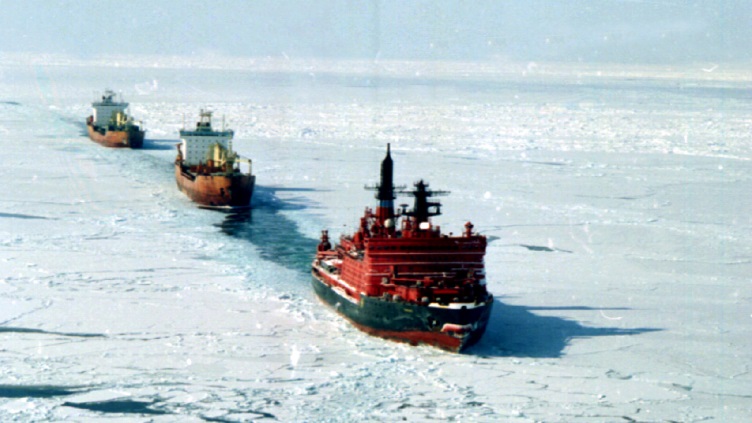 It was no surprise to see the Vikings come out for Sunday’s game a bit distracted, after the bombshell of the Adrian Peterson situation. What was unexpected was for quarterback Matt Cassel to have one of his worst career games, matching his record of four interceptions in one game. When he wasn’t throwing to guys in the wrong coloured jerseys, or underthrowing passes to the guys in the purple jerseys, he was holding on to the ball far too long and inviting sacks … it was a bad game all around for Cassel. It’s probably too much to say that he lost the game single-handedly, but his performance was the key to everything else going wrong. A blocked field goal attempt made the score 24-7 instead of 17-10 at the half, and the Vikings never got closer in the second half.
It was no surprise to see the Vikings come out for Sunday’s game a bit distracted, after the bombshell of the Adrian Peterson situation. What was unexpected was for quarterback Matt Cassel to have one of his worst career games, matching his record of four interceptions in one game. When he wasn’t throwing to guys in the wrong coloured jerseys, or underthrowing passes to the guys in the purple jerseys, he was holding on to the ball far too long and inviting sacks … it was a bad game all around for Cassel. It’s probably too much to say that he lost the game single-handedly, but his performance was the key to everything else going wrong. A blocked field goal attempt made the score 24-7 instead of 17-10 at the half, and the Vikings never got closer in the second half.
Midway through the third quarter, after Cassel’s third pick of the day, the crowd at TCF Bank Stadium started to chant “Teddy”, hoping that Mike Zimmer would bench Cassel and send in Teddy Bridgewater. This inspired @Hiigashi to post this on Twitter:

Like many Vikings fans, I’m looking forward to the debut of our new quarterback, but Zimmer is right not to send him in if he’s not ready yet. And no matter how badly Cassel played, it was still better than we saw in the dying moments of Donovan McNabb’s career (that forced Christian Ponder into the starting role before he was ready).
Offensive woes aside (and there were enough of them), the defence did not do well and the special teams performance was cover-your-eyes bad. The blocked field goal run back for a Patriots TD was the lowlight, but at one point, the Vikings only had nine players on the field for a punt return. The first task of returning special teams co-ordinator Mike Priefer will be to fix the issues that hamstrung the team yesterday (Priefer’s three-game suspension was reduced to two, so he’ll be back in the team facility this week).
Update: Jim Souhan explains the two phases of Matt Cassel.
It took Matt Cassel just two games to deftly summarize his career.
In Game 1, DiploMatt, the nice-guy professional who makes everyone comfortable, eased the Vikings to a 34-6 victory over St. Louis while playing flawlessly.
In Game 2, facing a superior defensive coach and lacking a star running back, HazMatt, the toxic quarterback, threw four interceptions, dooming the Vikings in their 30-7 loss to the Patriots at TCF Bank Stadium.
DiploMatt can make the best of a good situation. DiploMatt won 11 games with an excellent Patriots team in 2008, and won 10 with a previously inept Kansas City team in 2010.
HazMatt has gone 13-27 in his other five seasons, dooming his stay with the Chiefs in 2012 by throwing 12 interceptions and fumbling eight times in nine games.
DiploMatt runs the offense with discipline.
HazMatt stares down receivers so long defensive backs have time to Xerox blocking schemes for their interception returns.
If the Vikings are using kid gloves with rookie Teddy Bridgewater, they need to wear yellow jumpsuits when they approach Cassel.


 It was no surprise to see the Vikings come out for Sunday’s game a bit distracted, after the bombshell of the Adrian Peterson situation. What was unexpected was for quarterback Matt Cassel to have one of his worst career games, matching his record of four interceptions in one game. When he wasn’t throwing to guys in the wrong coloured jerseys, or underthrowing passes to the guys in the purple jerseys, he was holding on to the ball far too long and inviting sacks … it was a bad game all around for Cassel. It’s probably too much to say that he lost the game single-handedly, but his performance was the key to everything else going wrong. A blocked field goal attempt made the score 24-7 instead of 17-10 at the half, and the Vikings never got closer in the second half.
It was no surprise to see the Vikings come out for Sunday’s game a bit distracted, after the bombshell of the Adrian Peterson situation. What was unexpected was for quarterback Matt Cassel to have one of his worst career games, matching his record of four interceptions in one game. When he wasn’t throwing to guys in the wrong coloured jerseys, or underthrowing passes to the guys in the purple jerseys, he was holding on to the ball far too long and inviting sacks … it was a bad game all around for Cassel. It’s probably too much to say that he lost the game single-handedly, but his performance was the key to everything else going wrong. A blocked field goal attempt made the score 24-7 instead of 17-10 at the half, and the Vikings never got closer in the second half.


